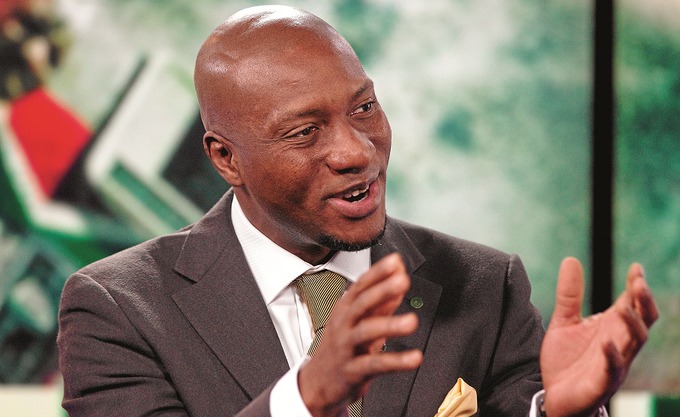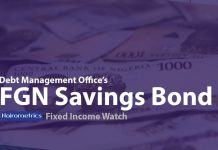The Chief Executive Officer of Nigerian Stock Exchange (NSE), Mr. Oscar Onyema, yesterday said foreign investors pulled out N605.54 billion from the Nigerian equities market in 2018 because of a shift to higher yielding assets with lower risks in developed countries, coupled with the perceived political risks in the forthcoming general elections.
The stock market fell by 17.8 per cent in 2018 after recording a growth of 42.3 per cent in 2017.
Giving a recap of the stock market performance in 2018 and outlook for 2019 during a media briefing in Lagos, Onyema said the outflows last year was 50.53 per cent higher than the N402.26 billion repatriated by foreign investors the preceding year.
However, he said most of the foreign investors would still return considering the fact that the Nigerian market has potential to deliver high returns.
The CEO, who said the market need foreign investors the way retail domestic investors are needed, assured that the exchange was working on ways to deepening the participation of retail investors in the market going forward. He expressed optimism that the market will bounce back in the second half (H2) of this year.
“Domestically, we believe market sentiments in the first half (H1) of the year will be driven by uncertainty in the oil prices as well as the 2019 general elections. Accordingly, we anticipate volatility in equities market in H1 in 2019 with enhanced stability post-elections. We believe swift approval and implementation of the 2019 budget may have a positive impact on the companies’ earnings as well as consumer spending.
Therefore, we anticipate a return of listings during the year with an uptick in market activity during the H2 of 2019,” he said.
Speaking on the protection of domestic investors, Onyema assured that the exchange would ensure that listed companies stick to listing requirements for the benefits of shareholders.
He said the stock exchange was also working closely with listed companies to assist them to be able to comply with the listing requirements, saying that delisting by some companies should not be a cause of worry.
He said that to enhance the exchange’s listing prospects, “we have strengthened our government engagement efforts on privatisation and listing of state-owned enterprises, and we expect to take advantage of opportunities within this space during the year.
We also intend to maintain our collaborative efforts with public and private sector stakeholders to advocate for market friendly policies, and cater to infrastructure financing needs as well as other capital requirements necessary for sustainable economic growth.
The exchange intends to work with the private sector as well, to catalyse the listing of more companies,” Onyema explained.
He disclosed that a search for an alternative asset class opposed to equities led to an increase of 11.7 per cent in the NSE fixed income market capitalisation to N10.17 trillion from N9.10 trillion in 2017.
Turnover, he said, also increased by 22.34 per cent in 2018, compared to 2017.
Onyema added that the NSE’s Exchange Traded Fund(ETF) market witnessed reduced activity on the back of reduced risk appetite in the market.
“The best performing ETF was the Stanbic Pension ETF as it returned 16.37 per cent, indicative of the effect of the recently implemented multi-fund structure for pension fund administrators,” he said.
Looking ahead, Onyema said, the exchange was working on the final stages of the demutualisation process since the bill has been signed into law and assented to by President Muhammadu Buhari.
He added that NSE has completed required technological enhancements for the launch of derivatives products.
“Rulebook has been created and is currently undergoing approval process alongside on boarding of dealing members,” the NSE boss added.











